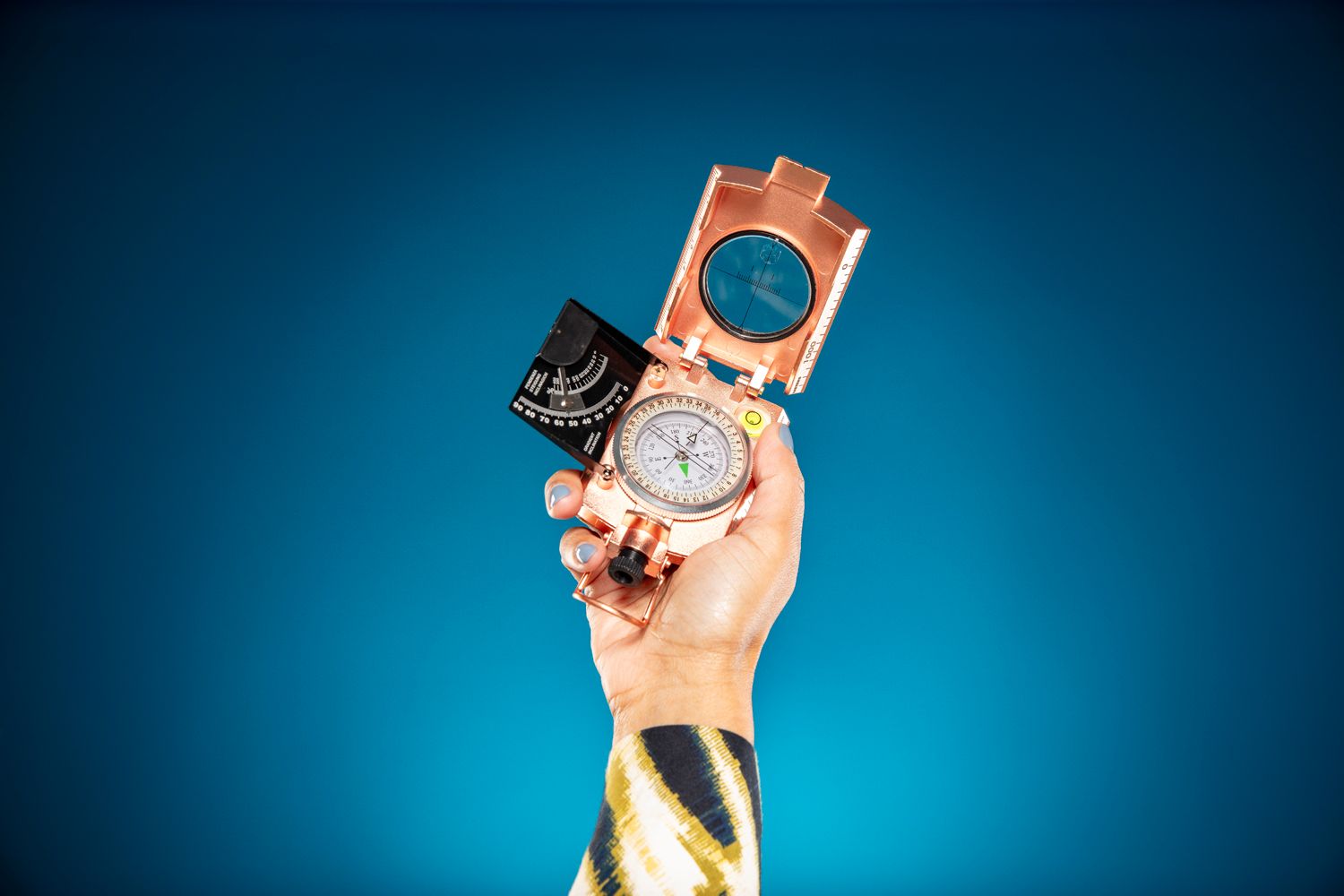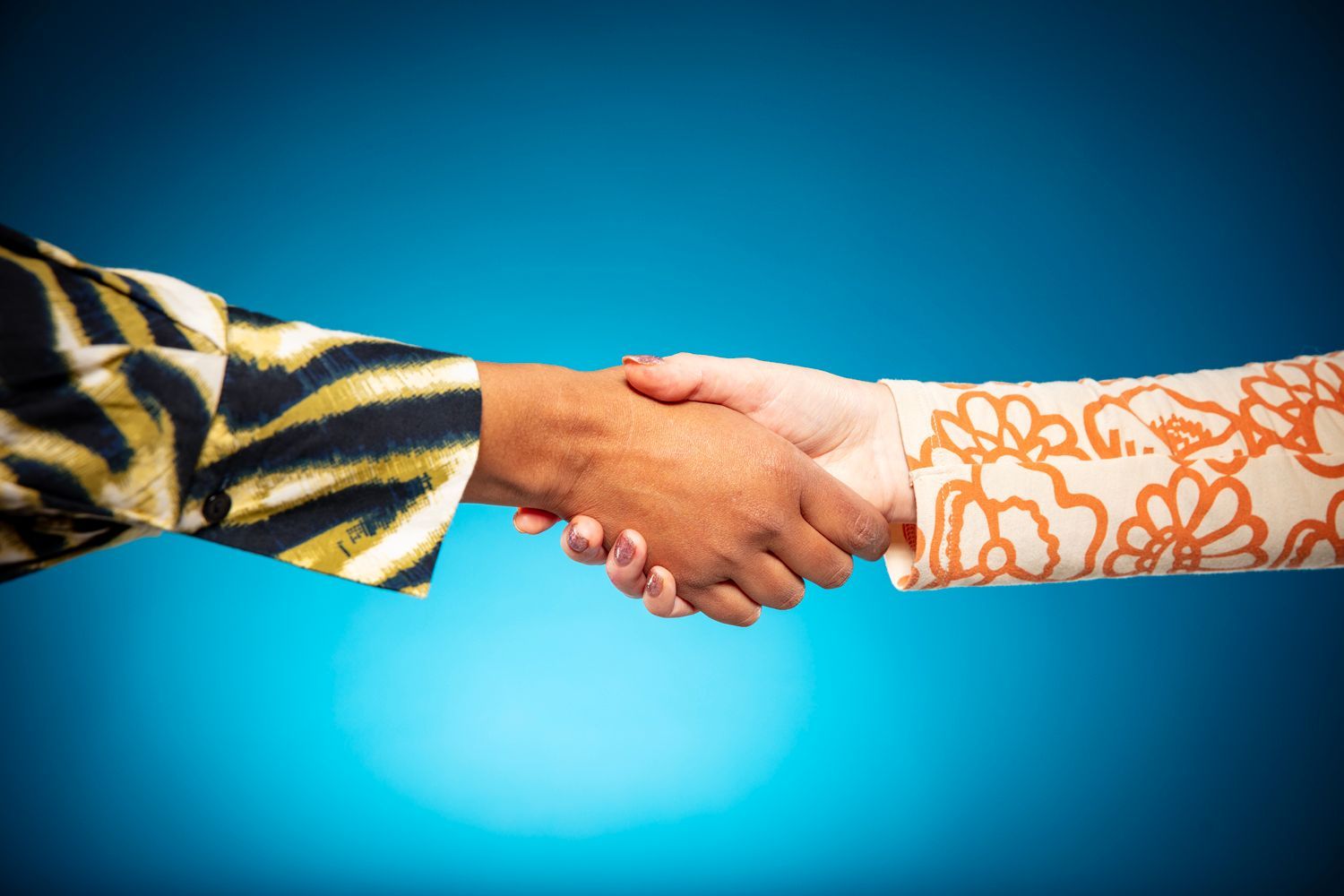Live event leadership starts with empathy and ends with empathy
I owe the title of this blog to Will Glendinning, Executive Producer and author of The Facts of Live. For those of you that haven’t read the book, it’s a great blueprint for how to produce events to create the greatest value and impact; with my emotional intelligence hat on, I was very excited that Will values empathy, as much as me, within the live events process and I sat down with him to explore this further.
R: Why do you think empathy is so important in live events?
W: Events are extreme situations – you have a fixed deadline, everything keeps changing and you’re usually completely exposed. The only industries I’ve found that operate under similar pressures are the military and emergency services. With so many moving parts, it’s people rather than processes that gets stuff over the line Unless you are getting the best out of people, understanding their point of view and explaining your challenges, you’re not going to get the best results. And if you look at why things go wrong, it’s invariably because people aren’t in tune with each other’s wants and needs and what they really care about.
R: Would you say these relationship skills are as important as technical skills?
W: I think they are more important – it’s everything! Lack of empathy or lack of mutual respect is where things go wrong. Putting the effort in to nurture those relationships is key and people will then support you when things change, as they invariably do. Technical skills can be learnt anywhere but it’s the relationships that really make it work
R: You write about leading a big project means you spend most of the time checking everyone is ok which I can relate to. Do you spend enough time checking you are ok?
W: I’ve often said that looking after everyone else is at the detriment of your own health but actually I really enjoy it so don’t find it that stressful. Having said that, I do think that people need to find whatever works for them, whether that’s exercise, eating out or meditation.
R: What piece of advice would you give to those coming into our industry?
W: When I was 22 and running a huge project, I felt slightly awkward telling all these industry luminaries what to do but my boss gave me a great piece of advice. He said, “All you’re doing is telling the carpenter where to put the window, if you start telling them how to build a window then you have a problem.” Most people are going to know more than you but that doesn’t matter as long as you treat everyone with respect and admit your own failings and things that you don’t know. Having that level of empathy and self-awareness will get you a long way and people will support you to the hilt.
On your next event, don’t forget the Rosie rules of life:
- Treat everyone with respect
- Think about all your stakeholders (there are lots more than you think!) and consider their objectives and how you can discuss these in a constructive way
- Develop the art of listening and be open to alternative solutions that might achieve the same objective
- Choose the best form of communication, depending on what you are communicating and to who
- Don’t forget yourself. For years, I prided myself on being a calm leader and ensuring everyone in the team was ok but didn’t always ensure that I had an outlet for my stress. That’s now changed so make sure you find something that works for you
Check out Will’s book
http://www.thefactsoflive.com/
Do get in touch with me if you would like to know more about my course on building your influence in events through emotional intelligence


Connect with Rosie












